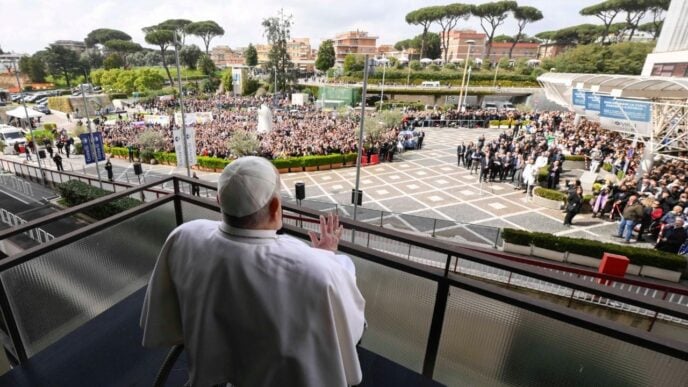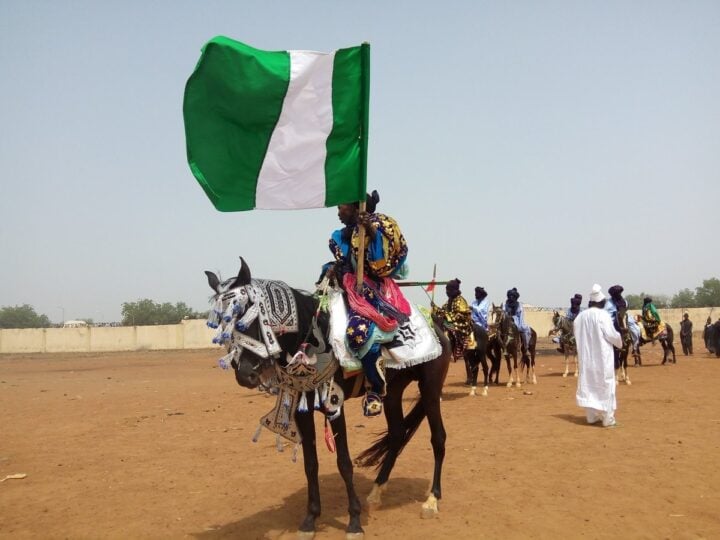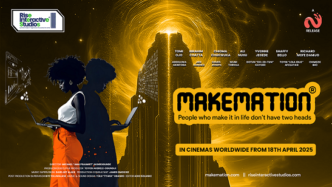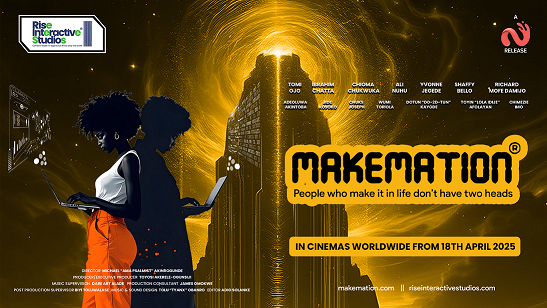The unveiling of the Artificial Intelligence Collective last week by Dr Bosun Tijani, Minister of Communications, Innovation and Digital Economy, is a good call by the Nigerian government to play a lead role in the development and deployment of AI to resolve socio-economic challenges while developing new opportunities.
The Collective is a gathering of experts and distinguished personalities from the tech industry, communications, academia, civil society and the private sector which, in the expectation of the government, will develop a strategy to build a sustainable AI ecosystem, one that supports innovation while safeguarding ethics and inclusion.
AI is more than the new kid on the block. It’s a monster that holds the keys to future economic growth and development. It has the capacity to do virtually anything, except probably standing on a street corner and whispering some love notes to a friend. AI has no feelings but has the capacity to achieve good.
My judgement call derives from the Minister’s conscious effort to put the country on the front row in building out an AI ecosystem that will be of more benefit to the nation while providing a template for the rest of the continent. There are always benefits for those who make the first move at the dawn of new technologies. They enjoy the advantages of the first movers.
Advertisement
History is replete with such developments as humanity is always pushing the frontiers of knowledge and putting technology to test in the most esoteric way. There is always a harvest of glory and then wealth.
Look at this. The space race started in the 50s. The Soviet Union of which Russia remains the most visible surviving face, sent the Sputnik into space in October 1957. The development was too much for America to stomach as the country’s President, J.F. Kennedy challenged his nation to land a man on the moon between 1960 and 1970. By July 1969, the objective was achieved as Apollo11 docked three men on the moon who planted an American flag in that planet hitherto unreached by man.
Since then the wisdom in President Kennedy’s positon not to concede the importance of space to any other nation of the world is only too obvious. More countries of the world have joined the space race. Our dear country, Nigeria, even had to contact the Chinese to build a satellite for us to have a leg in the space business. Space technology has become a big boom for businesses. You can’t fly a plane without space technology. You can’t steer a ship without space technology. Telecommunications and broadcasting are dead without space technology. In fact, life may actually be put on hold without space technology. Call that hyperbole! It only adds colour to our exaggerated beliefs.
Advertisement
At the moment, fun has become an element of the game. Only recently, billionaire Jeff Bezos, flew an all female crew into space with his Blue Origin rocket. Within 11 minutes of return flight, the six women got beyond the limits of the earth into that space of weightlessness before returning in a capsule. And perhaps too tucked into her seat to enjoy an opportunity to wave to God, pop star, Katy Perry, burst into Louis Armstrong’s song, What a Wonderful World. CBS reporter, Gayle King called it the highlight of the journey for her, according to a BBC report of the event.
Another billionaire, Elon Musk, who has become more of a politician lately, with his SpaceX, has long redefined the history of space technology, going beyond tourism to even sending a crew for space rescue mission recently from the International Space Station (ISS).
British billionaire, Richard Branson, wouldn’t let the Americans have the entire space to themselves alone. Virgin Galactic planned a monthly tour to space. A ticket is said to cost a hefty $450,000 from $200,000; while in the summer of 2021, Blue Origin once auctioned a seat for $28m!
So there is so much to benefit from new technologies beyond the veneer of politics. And methinks the minister is not playing politics but genuinely concerned about Nigeria benefiting from this new genre of technology with the capacity to have a profound impact on humanity well into the foreseeable future.
Advertisement
At the Paris AI Summit in February 2025 where Nigeria was present fortunately, the global community came to pitch for their countries. For instance, Vice President JD Vance who represented the United States argued that of the projected $700bn investment in AI by 2028, half of the money should come to his country because of the attraction it presents.
Dr Tijani said at the time that “Artificial Intelligence is an opportunity for humanity to be better, and we cannot afford to take our eyes off it.” He is also very concerned about Nigeria leading AI discourse in the global south where needs and direction are different from what obtains in the developed north.
But more of the strategy was about the country last week. “The country’s model involves identifying and engaging with Nigerian researchers and experts in AI, both locally and internationally, to develop a comprehensive strategy that addresses the nation’s specific needs and challenges,” he said.
From the personalities present at the launch, including Prof Olayinka David-West, Dean, Lagos Business School, and Dr Olubayo Akanmbi, CEO, Data Science Nigeria, representatives of relevant industries and their positive positions expressed, this writer has little room for doubt. However, there is some fear that this launch shouldn’t be another layer upon the stack of problems waiting to gain serious attention in the tech ecosystem or in the government basket of issues waiting to be addressed.
Advertisement
There are quite a number of them but I will pick only two for the purpose of this writing. The mobile industry is projected to hit $11trillion in economic value and 8.4 percent of global GDP by 2030. Without doubt Nigeria is expected to benefit from this economic windfall. Unfortunately, the regulator of the telecommunications industry, the Nigerian Communications Commission (NCC), whose duty it is to curate the process and ensure such benefits, has not been able to recover from the harassment received under the previous administration. It is therefore reasonable to observe that without being spruced up in terms of training and necessary financial provision, the organisation may find it difficult to meet expectations from critical stakeholders. It is in the interest of the government for the NCC to once again wear the ironclads of the regulator and be able to meet even the most basic aspirational expectations of these stakeholders.
The Minister may tell me that he is not in charge of the broadcast industry and its regulator, the National Broadcasting Commission (NBC) but the activities can hardly be separated. Look at it this way. The Digital Switchover (DSO) that should have ended in 2021 has hardly moved a needle. This writer is not aware of any timetable at the moment to bring the process to a conclusion. The attraction at the time was that a proper execution of DSO would free up some broadcast frequencies for telecom services. Apart from bringing more money to the coffers of the government, the new frequencies will help to deepen telecommunication service availability and penetration. A minister so desirous of growing the telecoms industry with the aim of introducing new bouquets of services should take more than a cursory interest in the DSO process and encourage his broadcast counterpart with shared and beneficial opportunities.
Advertisement
As a writer, I have long understood the emptiness of words, how cheap they can be, according to Prof Femi Osofisan, and the need for those in government to go beyond the confines of words. I encourage Dr Bosun Tijani to match his enthusiasm with action and add the agility of youthfulness to achieve the kind of results that history cannot ignore. He doesn’t need to be told that technology can be very harsh in documenting our efforts for posterity.
Advertisement
Views expressed by contributors are strictly personal and not of TheCable.










